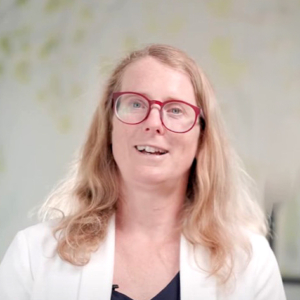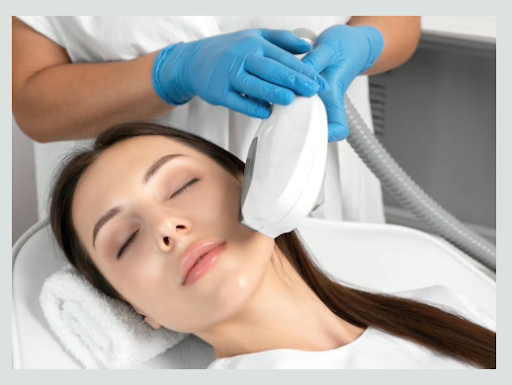Unlock a Slimmer And More Defined Face With Masseter Botox
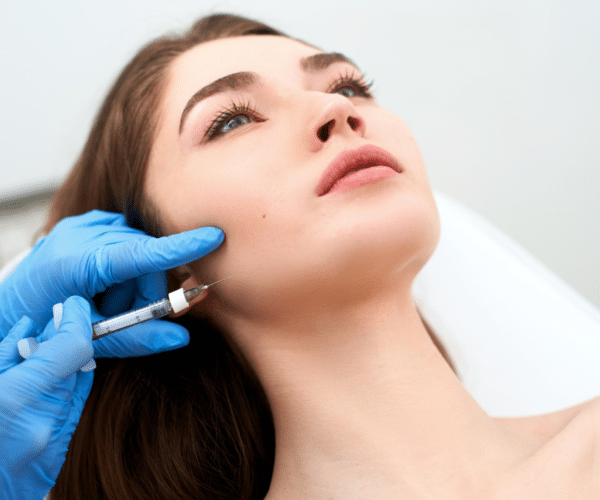
For a slimmer face, consider masseter Botox as a possible solution. Masseter Botox involves injecting Botox into the masseter muscle, which is responsible for chewing and clenching the jaw. Relaxing this muscle can make the jawline less noticeable, giving the face a more tapered or V-shaped look.
Why Masseter Botox Is Effective for Slimming the Face
The masseter muscle, located on the sides of the jawline, is one of the strongest muscles in the body. When we clench or grind our teeth, we engage this muscle, causing it to become larger and more prominent over time. This can make women’s faces look square or too manly, which some people may not like. But many men get Masseter Botox as well to slim a face that is too quadrant.
Injecting Botox into the masseter muscle weakens it, reducing its size and prominence. This can lead to a slimmer, more tapered appearance to the face in men and women.
What exactly is the masseter muscle?
The masseter muscle is a large, powerful muscle on each side of the face, near the rear part of the lower jawbone (mandible). The primary muscle for chewing and closing the jaw, running from the cheekbone to the lower jawbone. When you clench your teeth or chew, you can feel the masseter muscle bulge on the sides of your face, just in front of your ears.
Why do some people have a larger masseter muscle than others?
The masseter muscle is one of the primary muscles involved in chewing, and its size can vary from person to person. Several factors, such as genetics, lifestyle, and habits can affect muscle size.
- Genetics affects the size of the masseter muscle. Some people may naturally possess the ability to build muscle mass in other parts of their body.
- Habitual chewing: Individuals who regularly chew tough foods or gum may develop a larger masseter muscle over time. This is because the muscle adapts to the increased workload, much like any other muscle in the body.
- Bruxism: Bruxism is a condition in which individuals grind or clench their teeth, often during sleep. This can lead to hypertrophy or enlargement of the masseter muscle because of the increased demand for the muscle.
- Exercise: Some people exercise regularly and generally have more robust and larger muscles. This also affects the masseter muscle.
Genetics, lifestyle, and habits can affect the size of the masseter muscle.
Do Asian people have larger masseter muscles?
In general, the lower third of Asian faces is broader than that of people of other ethnicities. The size and width of the jawbone, the thickness of nearby muscles, and the fat tissues around it determine this. So this means several factors play a role rather than just the masseter muscle alone.
Many Asian cultures perceive a slim and oval face as the beauty ideal. For example, a survey of Chinese people asked 1147 men and women what facial shape they preferred. 40% of the people answered that they preferred an oval face shape compared with <2% who preferred a square face.
Masseter Muscle Botox is a popular treatment for many Asians wishing to slim their faces.
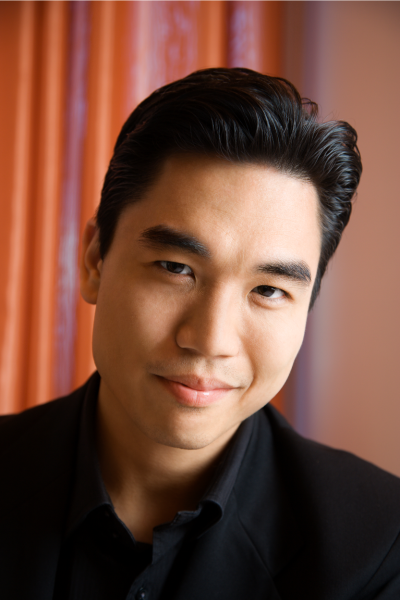
Who is the ideal candidate for Masseter Botox?
Dr Nadja Haub says
Masseter Botox is ideal for those aged 25-50 who want to transform their square face into a rounder shape. Changes are subtle but can make a significant impact on your self-confidence.
In summary, the ideal candidates for Masseter Botox:
- Has a square or overly prominent jawline because of a large masseter muscle.
- Has discomfort or pain from teeth grinding or clenching (bruxism) that can cause headaches, jaw pain, and tooth damage.
- Wants to achieve a slimmer or more oval facial shape.
- Has realistic expectations and understands the limitations and potential risks of the procedure.
What to expect during a masseter Botox appointment
During a Masseter Botox appointment, you can typically expect the following:
- Initial consultation: The practitioner will discuss your goals with you and examine your masseter muscle.
- We apply numbing cream to the treated area to reduce pain during treatment.
- During the injection process, the doctor or nurse injects Botox into the jaw muscle using a small needle. The number of injections and the amount of Botox used will depend on your individual needs and goals. Most people require 15 units of Botox into each masseter muscle.
- Duration of the procedure: The injection process usually takes about 20 minutes.
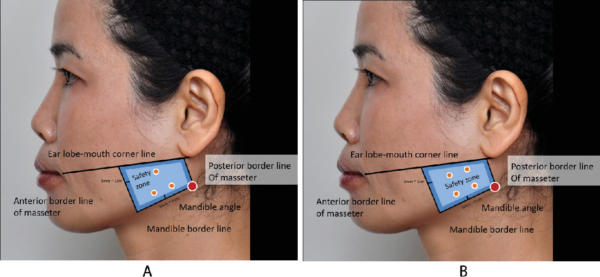
What can go wrong with Masseter Botox?
Botox is FDA-approved for the forehead, crow’s feet and frown lines. This means that experts consider these areas on the face to be safe. Up to date, Botox is not yet FDA-approved for treating the masseter muscle. Nevertheless, it is one of the most popular cosmetic treatments and has a good safety profile if done by an expert.
You must get Masseter Botox from a qualified doctor or nurse with detailed knowledge of facial anatomy. The doctor or nurse must place the injections with great precision to avoid problems with chewing or speaking.
Here are some of the possible risks and complications of Masseter Botox:
- Swelling and bruising: Injection site reactions such as redness, swelling, and bruising are common after Masseter Botox. These side effects are usually mild and resolve within a few days.
- Jaw weakness: In some cases, Masseter Botox can cause temporary weakness in the jaw muscles, affecting chewing and speech. This is usually a minor side effect that resolves within a few weeks.
- Too much Masseter Botox can weaken jaw muscles, making it hard to chew and speak. It can also cause a limp or crooked smile.
- Infection: The risk of getting an infection after Masseter Botox is very low. However, the doctor or nurse must perform the procedure under high hygiene standards.
- Allergic reactions: While rare, some people may experience an allergic reaction to the botulinum toxin used in Masseter Botox. Symptoms of an allergic reaction can include swelling, itching, and difficulty breathing. If you experience these symptoms after Masseter Botox, seek medical attention immediately.
In summary, a qualified doctor or nurse must perform Masseter Botox to ensure its safety.
Discussing all potential risks and side effects with your medical professional before undergoing Masseter Botox is essential. Additionally, choosing a qualified and experienced medical professional can help minimize the risk of complications. Read more about Botox and how safe it is here.
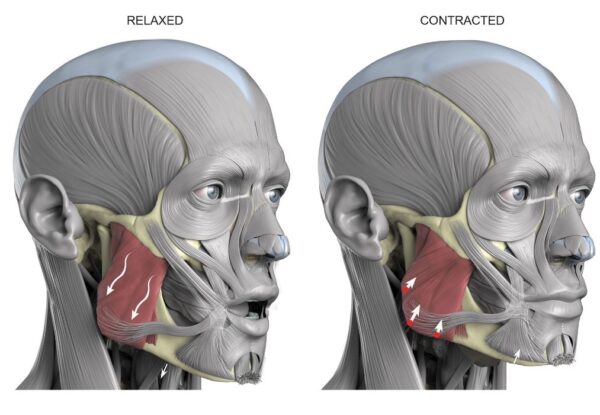
Can I get worse jowls after Masseter Botox?
The masseter muscle is a sound structure that helps to lift the lower face and jawline. In some cases, people may notice changes in their facial appearance after Masseter Botox injections. By reducing the size of the masseter muscles, the jawline may appear slimmer, which could make jowls more noticeable, depending on your facial anatomy.
Masseter Botox may not be a good treatment option if you already have jowls, as it can sometimes make them worse.
Who should not have Masseter Botox?
If you are over 50 and notice jowls and facial sagging, masseter Botox may not work well for you. This is because the Masseter muscle helps lift the jowls somewhat. So, when you relax this muscle, the jowls can become more prominent and visible.
Women or men with high cheekbones may also not be ideal candidates for this procedure. This is because the treatment could accentuate high cheekbones.
Some people have a square lower face due to excessive fat tissue rather than a large masseter muscle. In this case, you may not benefit from Masster Botox. Instead, you may be better off with fat-dissolving treatments such as MINT Threads or deoxycholic acid injections.
If you have stress, anxiety, or depression, you might grind your teeth at night. Instead of just getting injections in the masseter muscle, it might be better to get treatment or counselling. Please beware that some antidepressants can make teeth clenching worse. This is most commonly caused by fluoxetine, sertraline, or venlafaxine.
Does Masseter Botox help with teeth clenching?
Masseter Botox can help with teeth clenching, also called bruxism, a promising treatment option for this condition.
Bruxism can cause various problems, such as headaches, jaw pain, and tooth damage. Masseter Botox relaxes the masseter muscle, the primary muscle responsible for chewing. Injecting Botox weakens the masseter muscle, reducing teeth clenching and grinding.
Many people who grind their teeth also suffer from stress. Stress can cause a person to tense their muscles, including those in the jaw, leading to teeth grinding. This can occur during the day or at night while sleeping.
People experiencing high-stress levels may also clench their teeth during the day without realizing it. In this case, you may consider trying to get on top of your stress levels. This is often not easy but may be the better option for stress-related teeth grinding.
How many units of masseter Botox do I need?
This greatly depends on how large and how active your masseter muscle is and also what outcome you would like to achieve. Most people require between 15 to 25 units on each side.
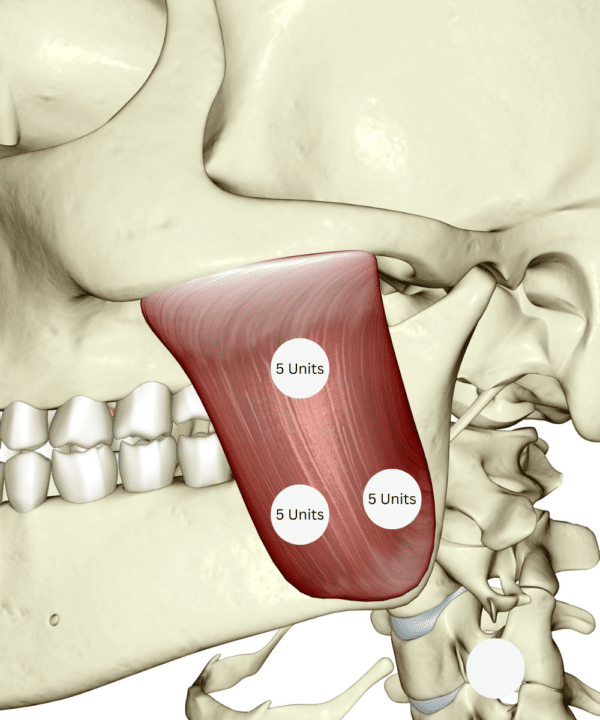
How long does it take until I see results?
After getting Botox in the masseter, it usually takes 2-4 weeks to see the complete effects of the treatment. Botox slowly stops nerve signals to the masseter muscle, making it relax and shrink in size.
Please remember that the exact timing and extent of the results can vary from person to person. The difference relies on the amount of Botox used, muscle size, body structure, and the body’s processing abilities.
What precautions do I need to take after I had Masseter Botox?
After getting Masseter Botox injections, follow your medical professional’s aftercare instructions. This will allow for proper healing and maximize the treatment effects. Here are some general aftercare instructions that you should consider following:
- Avoid touching the treated area for at least 24 hours after the treatment. This helps prevent the spread of the toxin to other areas.
- Avoid strenuous exercise or physical activity for at least 24 hours after the treatment.
- Don’t drink any alcohol for 24 hours. This can cause bruising in the area.
- Don’t take blood-thinning meds for 24 hours. Examples of blood thinning medications are ibuprofen or diclofenac—also omega three oil and fish oil.
- To reduce swelling and discomfort, apply a cold compress to the treated area for 10-15 minutes multiple times daily.
- Avoid facial massages or other facial treatments for at least two weeks afterwards.
People have different reactions to Botox. Listen to your body and talk to your doctor if you have any worries or questions.
How much does Masseter Botox cost?
The cost depends on how many units you require. Whereas most people require 15 units per masseter muscle, some may require up to 25 in each muscle. This means that the cost can vary between 400 NZD to 650 NZD.
Please book your appointment with our experts.
To slim your face, consider getting masseter Botox injections from a qualified cosmetic doctor.
Dr. Nadja Haub at Satini Cosmetic Clinic will discuss your goals and make a plan for your face shape. She will understand your preferences and needs and create a personalized treatment plan for your unique face.
The specialist will have a detailed conversation with you to understand your needs. They will then customize a treatment plan specifically for your unique face shape. We will also ensure we perform the injection safely and effectively, causing minimal discomfort or downtime.
To learn more about masseter Botox injections or book a consultation with our doctor, please get in touch.
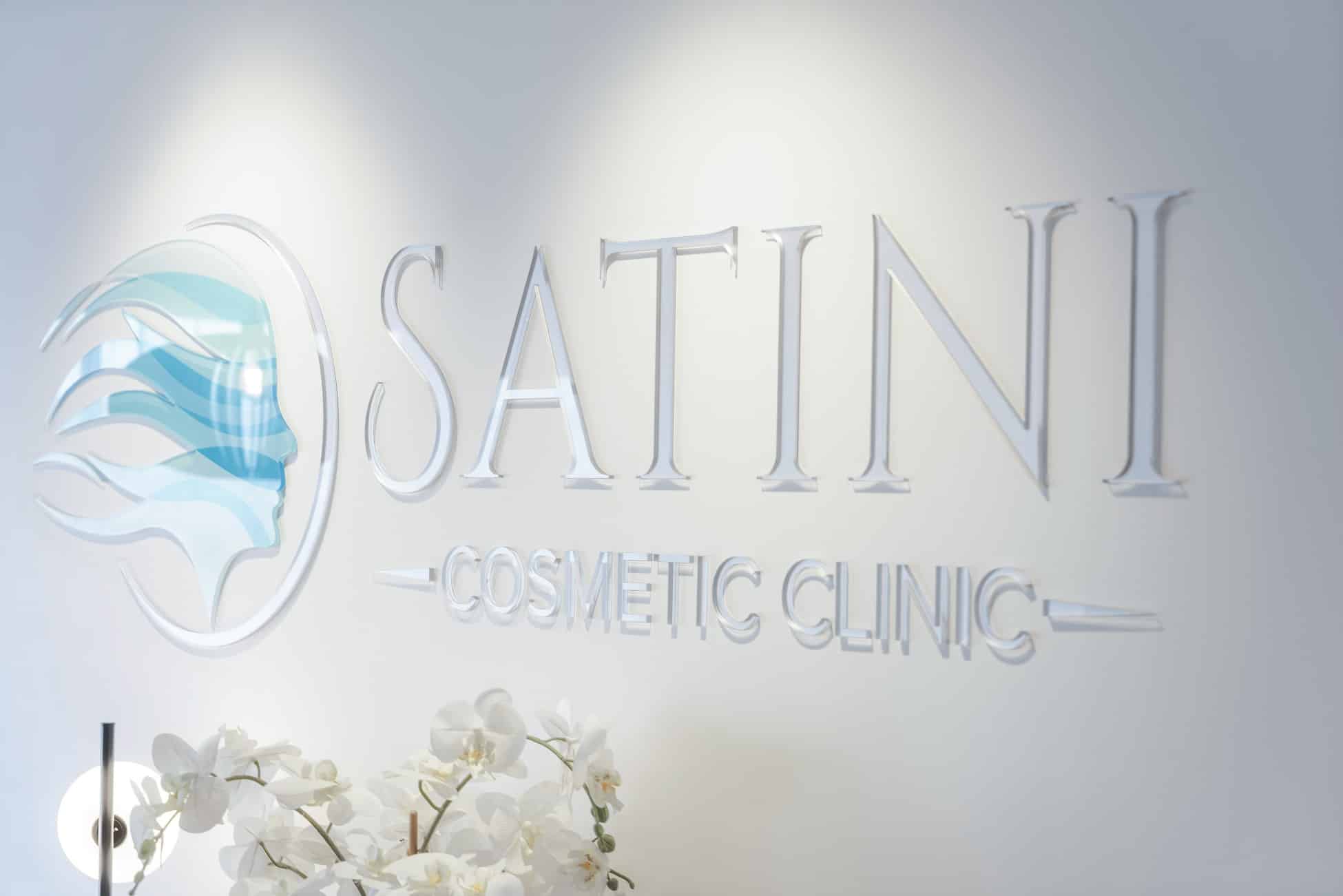
Samizadeh S, Wu W. Ideals of facial beauty amongst the Chinese population: results from a large national survey. Aesthetic Plast Surg. 2018;42(6):1540–1550. doi: 10.1007/s00266-018-1188-9
Neurol Clin Pract. 2018 Apr; 8(2): 135–141. SSRI-associated bruxism. Andrew R. Garrett, DO, MPH, MS and Jason S. Hawley, MD
and Jason S. Hawley, MD
Efficacy of botulinum toxin in masseter muscle hypertrophy for lower face contouring. Nisha Kundu BDS, MSc (CosMed), MSc (IHM), Rohit Kothari MD, Nimish Shah MBBCh, MRCGP, DRCOG, Sunmeet Sandhu MD, DNB, Durga Madhab Tripathy MD, DNB, Hassan Galadari MD, Michael H. Gold MD, Mitchel P. Goldman MD, Martin Kassir MD, Hadrian Schepler MD, Stephan Grabbe MD, Mohamad Goldust MD.

